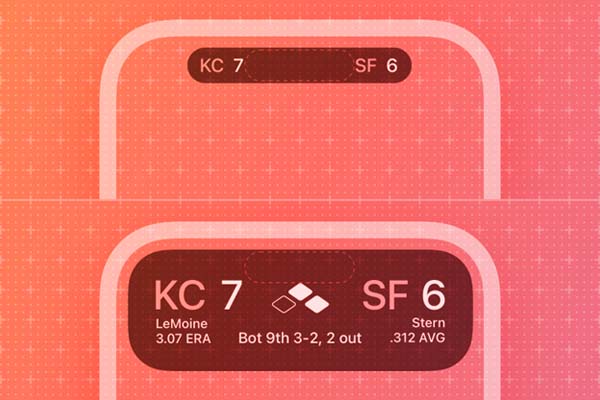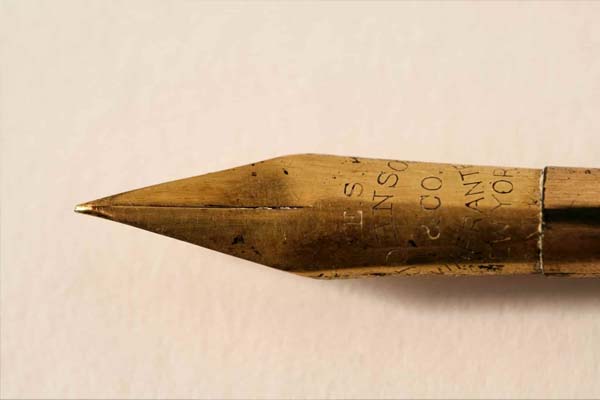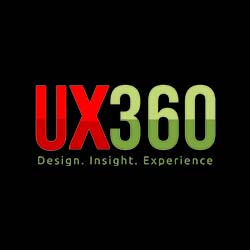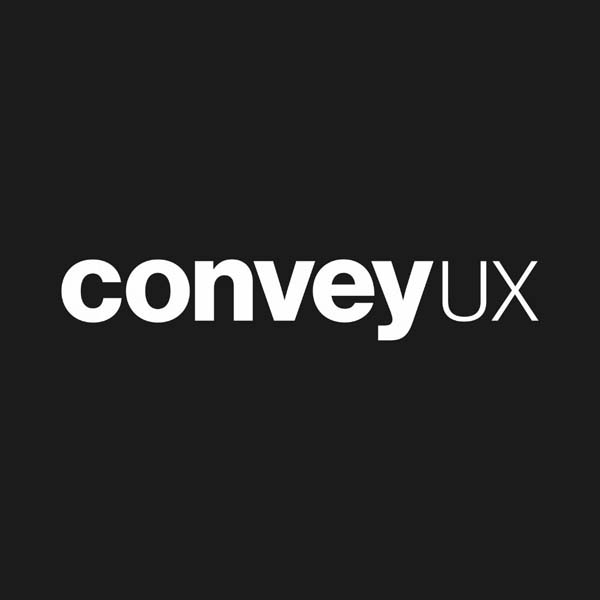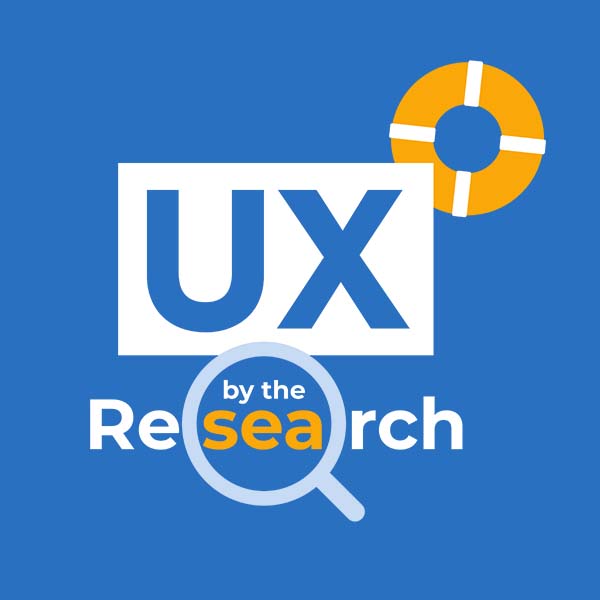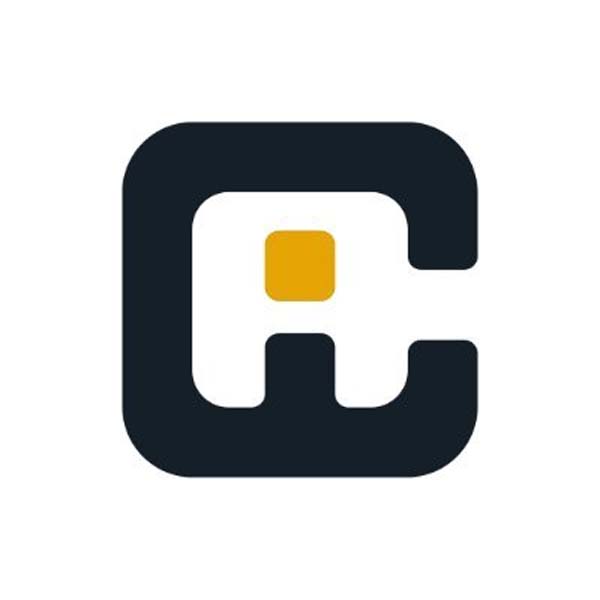We get where this is coming from. It is understandable that a researcher might need to be numbers-driven to handle quantitative research but is programming or coding skills necessary? On the other hand, a number person is usually not too good with design.
In this article, we will go through the job advertisements of top tech companies such as Google, Facebook, and Microsoft to take a look at the qualifications or experience required for a UX Researcher.
Google Quantitative User Experience Researcher job ads
Microsoft UX Researcher job ads
Microsoft Design Researcher job ads
Facebook UX Researcher job ads
Instagram Qualitative UX Researcher job ads
Do you need to know programming, coding or design skills to be a UX Researcher?
Yes. You will need to know at least one Data Science programming language such as Python, R, Matlab, C++, Java with SQL. Design skill is not necessary. Whether you want to be a Quantitative UX Researcher or Qualitative UX Researcher, you will ultimately be exposed to both quantitative and qualitative research methods in your career.
Experience in UX research is a must together with analytical skills and project management skills.
We summarize the education, degree, previous working experience, design software, and personal qualities required for UX Researcher below.
Do you need programming or coding skills to be a UX Designer?
Education and degree required for a UX Researcher
- Bachelor’s, MS or Ph.D. degree in Computer Science
- Bachelor’s, MS or Ph.D. degree in Human-Computer Interaction or Human Factors
- Bachelor’s, MS or Ph.D. degree in Cognitive Science, Cognitive Psychology, Psychology, Experimental Psychology, Behavioral Science, Social Science or Anthropology
- Bachelor’s, MS or Ph.D. degree in Information Science
- Bachelor’s, MS or Ph.D. degree in Statistics
Previous working experience required for a UX Researcher
- Experience with UX research in an applied research setting
- Relevant work experience with User Experience or Human-Computer Interaction teams
- Thorough knowledge and experience of a range of UX research approaches and methodologies
- Demonstrated expertise in multivariate statistics and the design of experiments
- Excellent command of research questions within a given domain, and of technical tools for the analysis of data within that field
- Product research experience
- Experience working across the full product life cycle, from early generative research to product ship, post-ship/ in-market UX research
- Experience working as the primary investigator on a project
- Knowledge of qualitative and quantitative research methods
-
Experience in designing research to answer questions about the user experience
-
Track record of cutting through ambiguity to generate results
- Industry experience of conducting a range of research methods applicable to all product stages from conception to release and driving tangible outcomes with product teams and a proven track record of success
Programming language to learn for a UX Researcher
- Experience in a programming language commonly used for data manipulation and computational statistics (such as Python, R, Matlab, C++, Java or Go), and with SQL
- Proficiency in programming computational and statistical algorithms for large data sets
- Familiarity with modern developer platforms and ecosystems a plus
Desired personal qualities of a UX Researcher
- Strong analytical and synthesis skills with a proven ability to turn research results into product insights
- Strong written and verbal communication skills with the ability to influence a range of audiences
- Excellent project management skills, including the ability to manage multiple projects concurrently
- Ability to work within tight timelines and with excellent project management skills
- Ability to multi-task, prioritize, and manage multiple projects that require fast iteration and pivoting
- Track record of collaborating across disciplines (design, engineering) and across divisions to drive change into products; must be able to work independently as well as part of a cohesive team
- Proven ability to articulate the implications of research findings in clear and compelling ways; translate research findings into actionable recommendations; ability to translate data into insights

